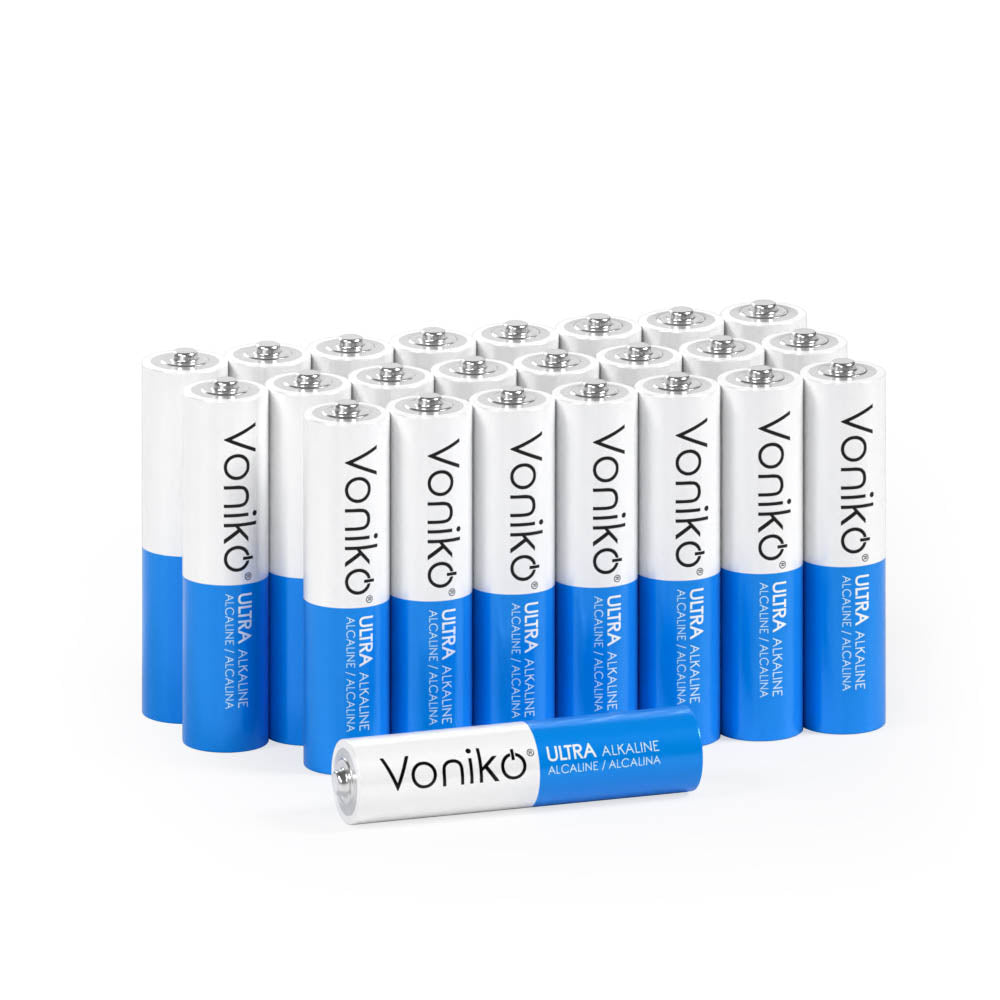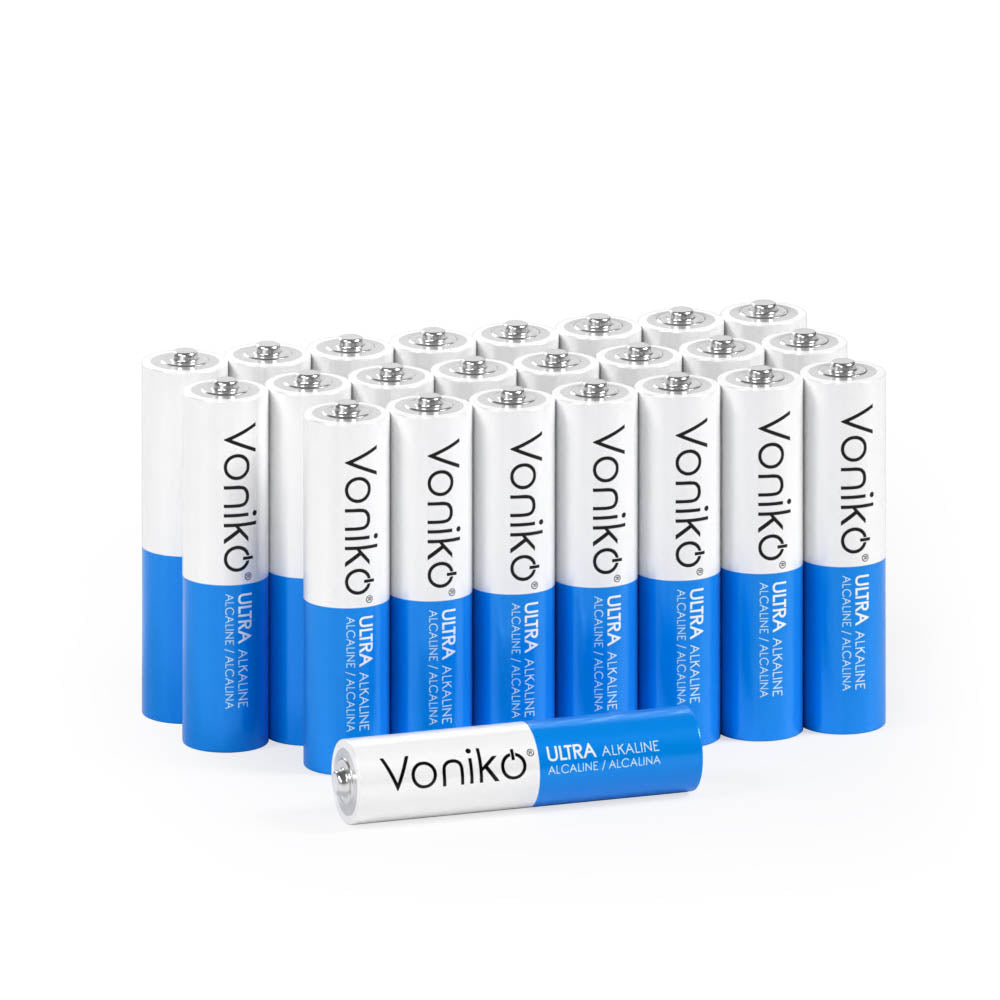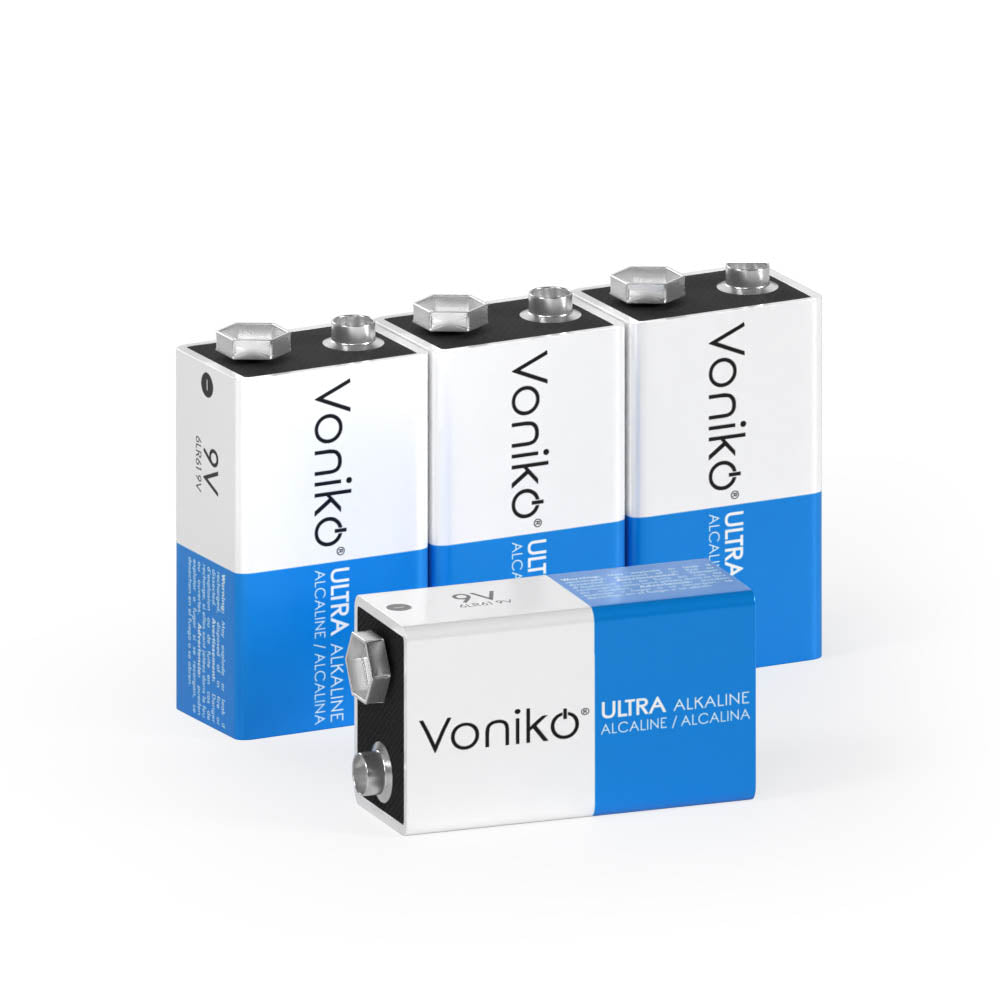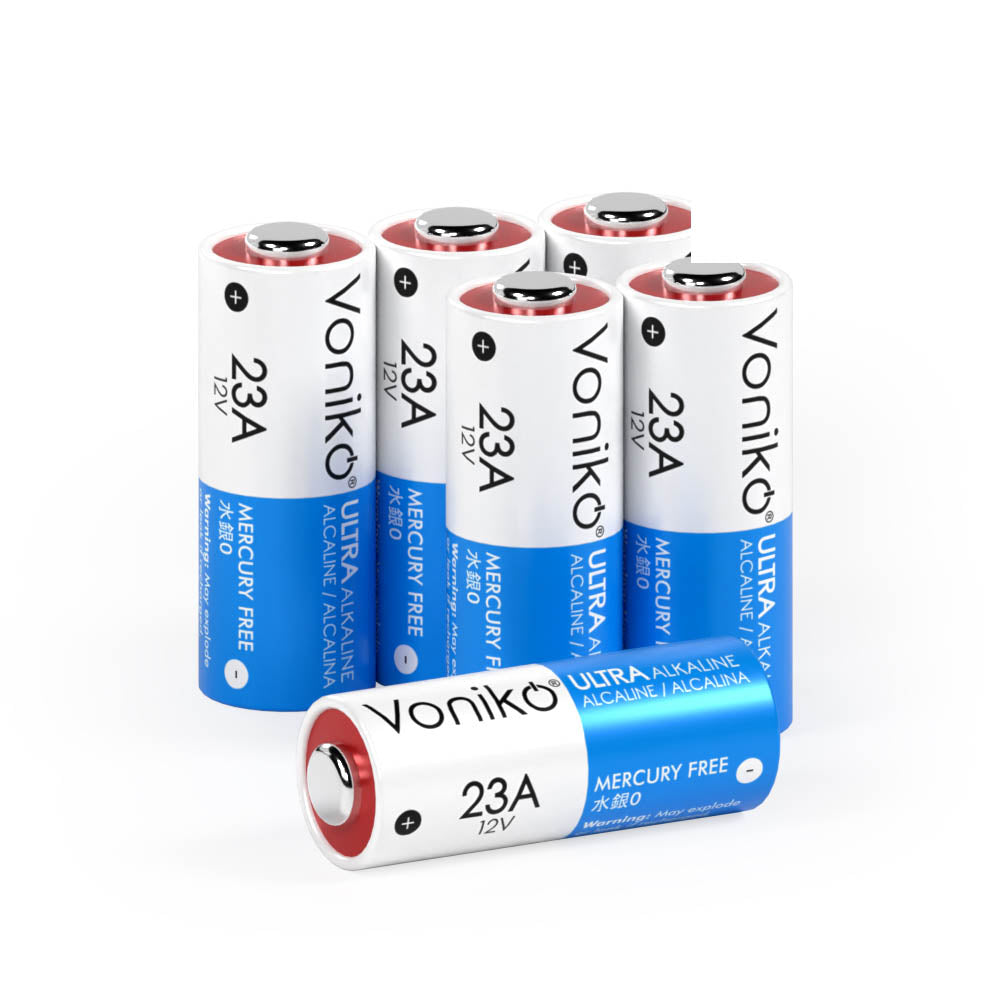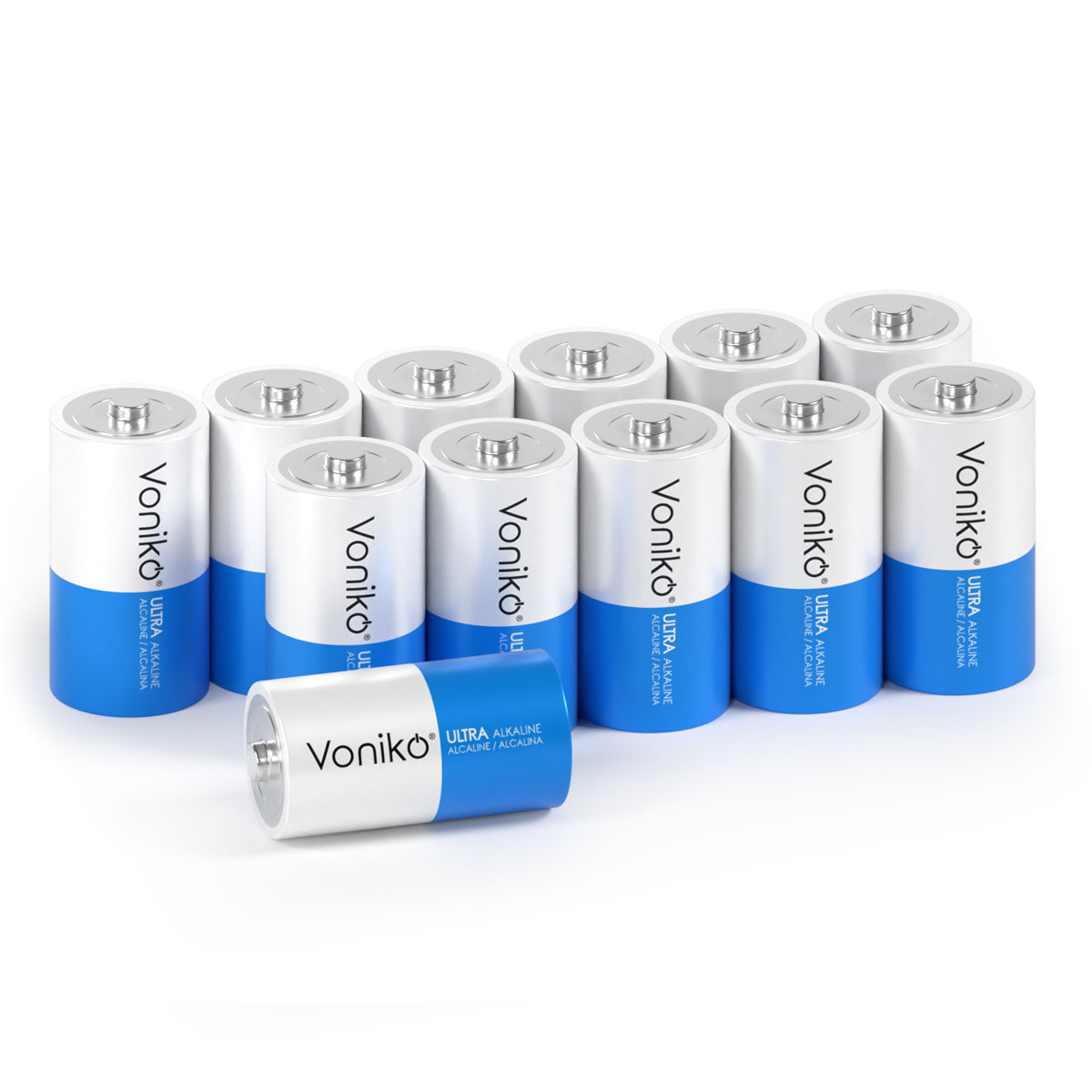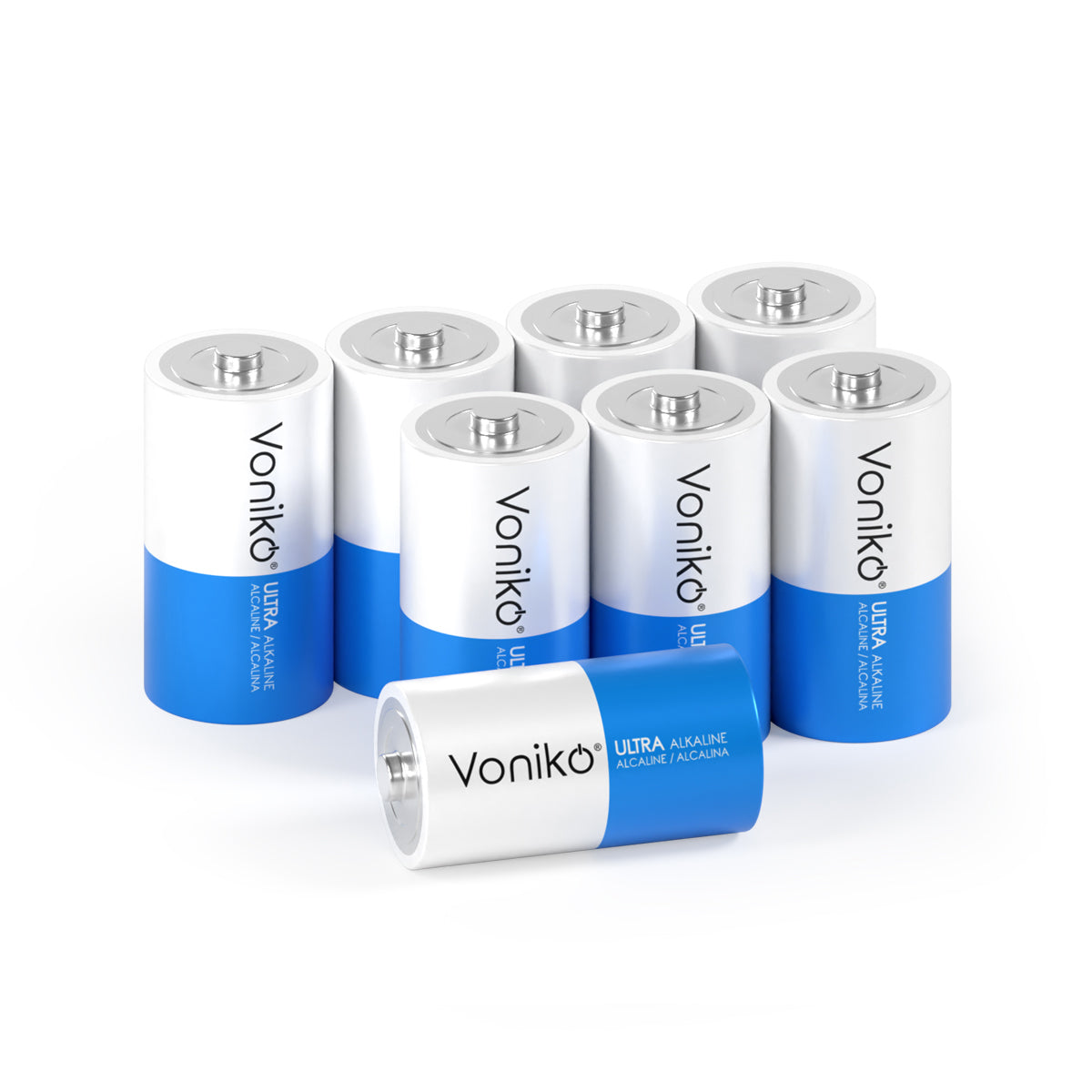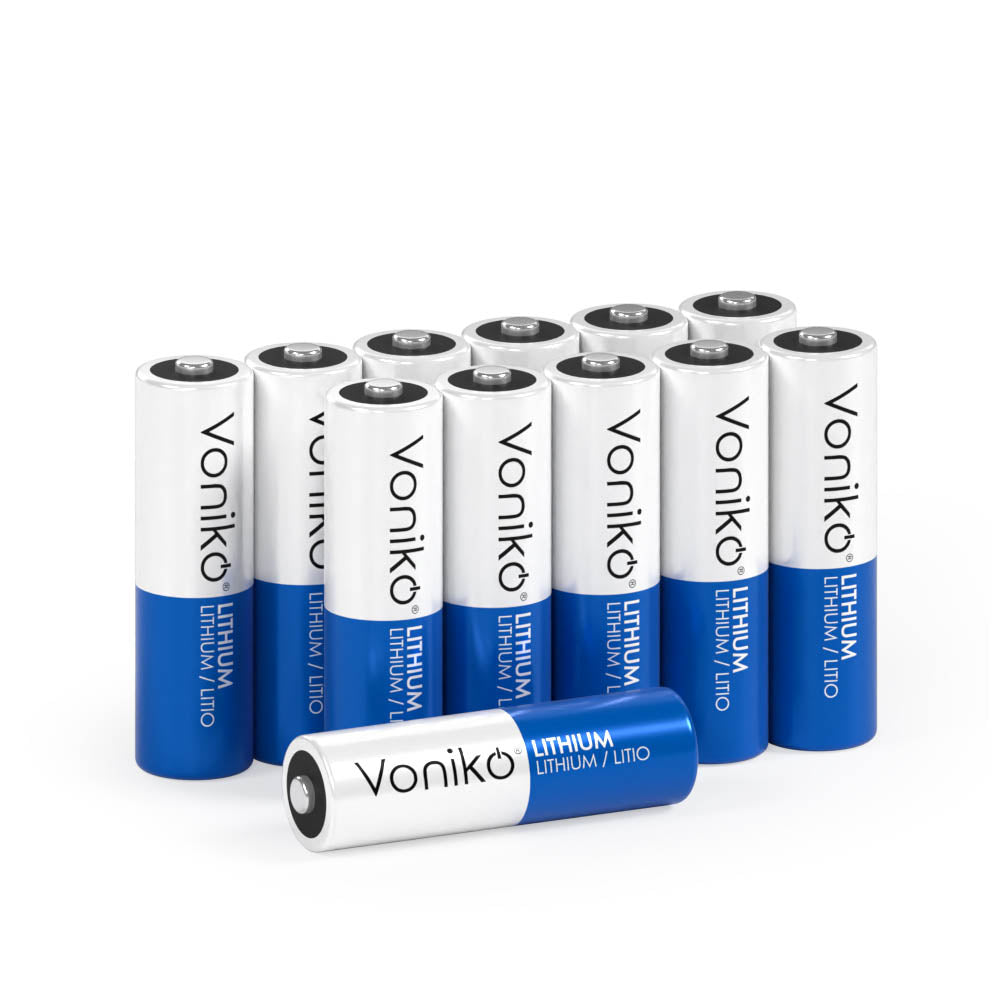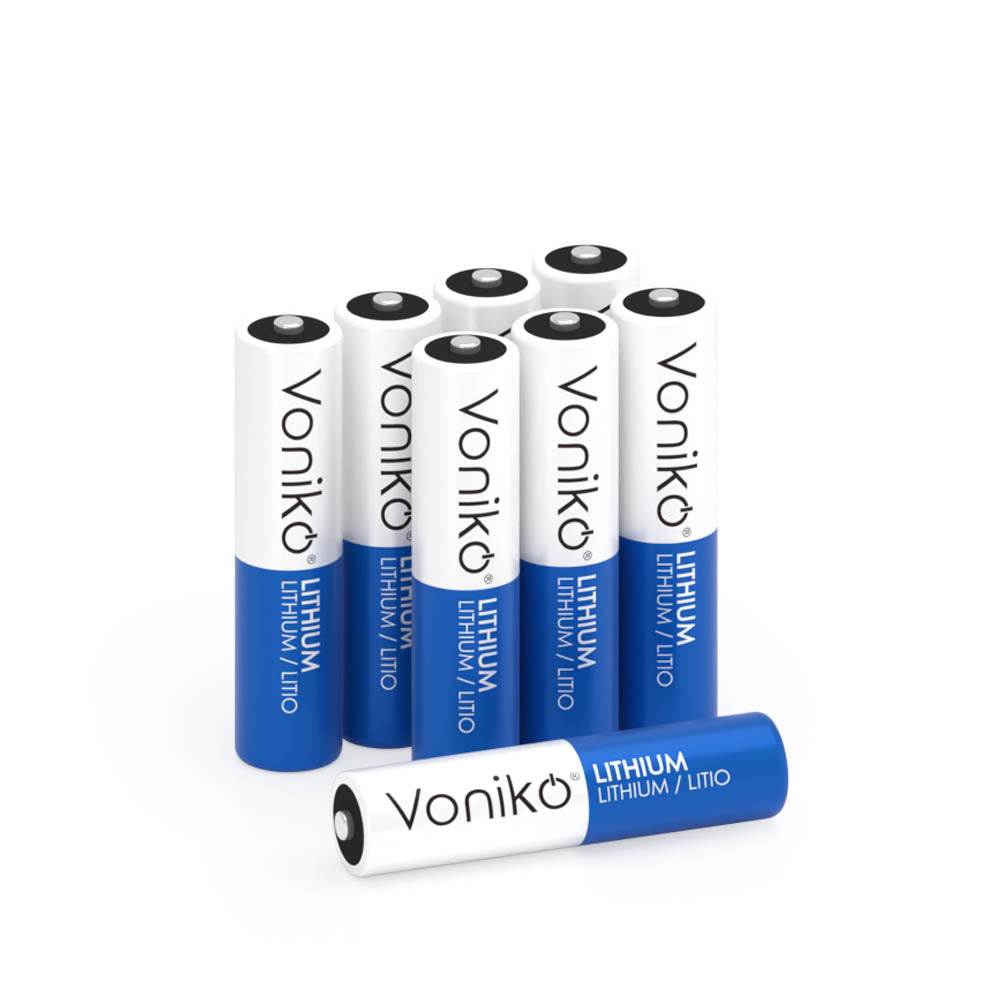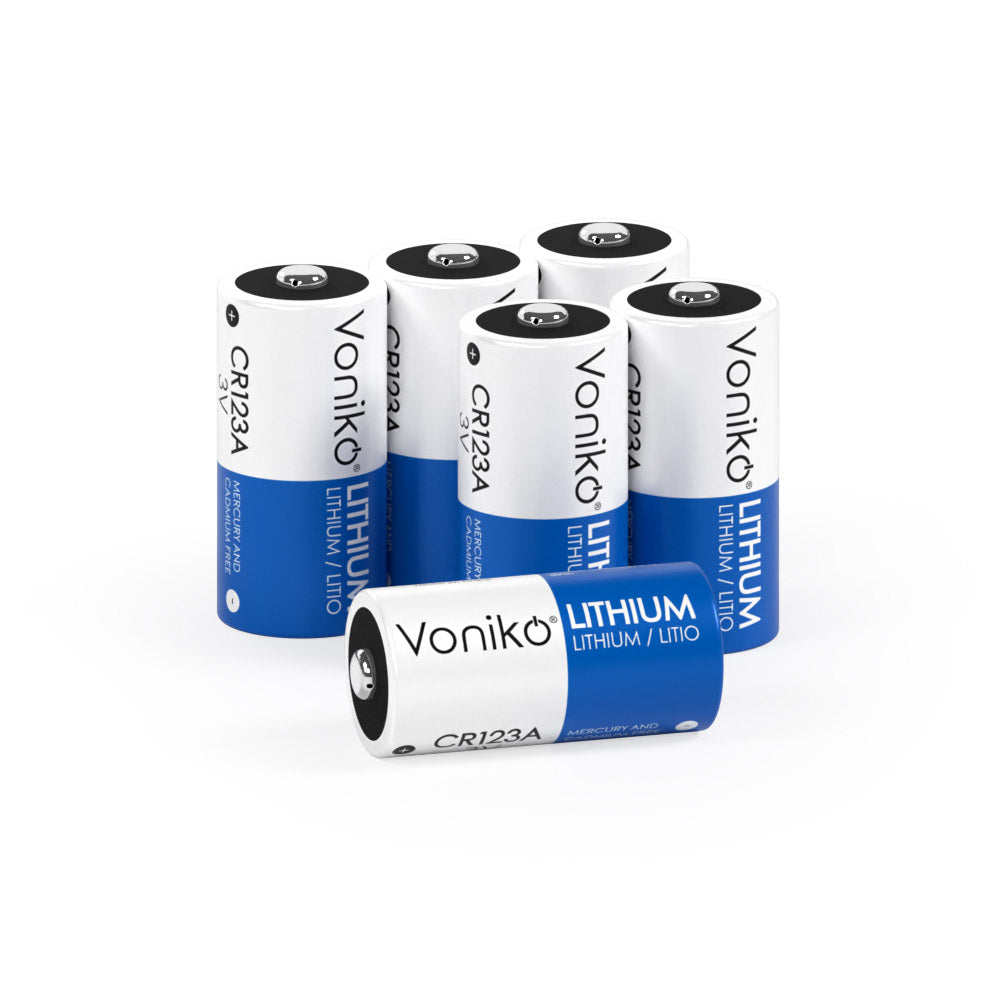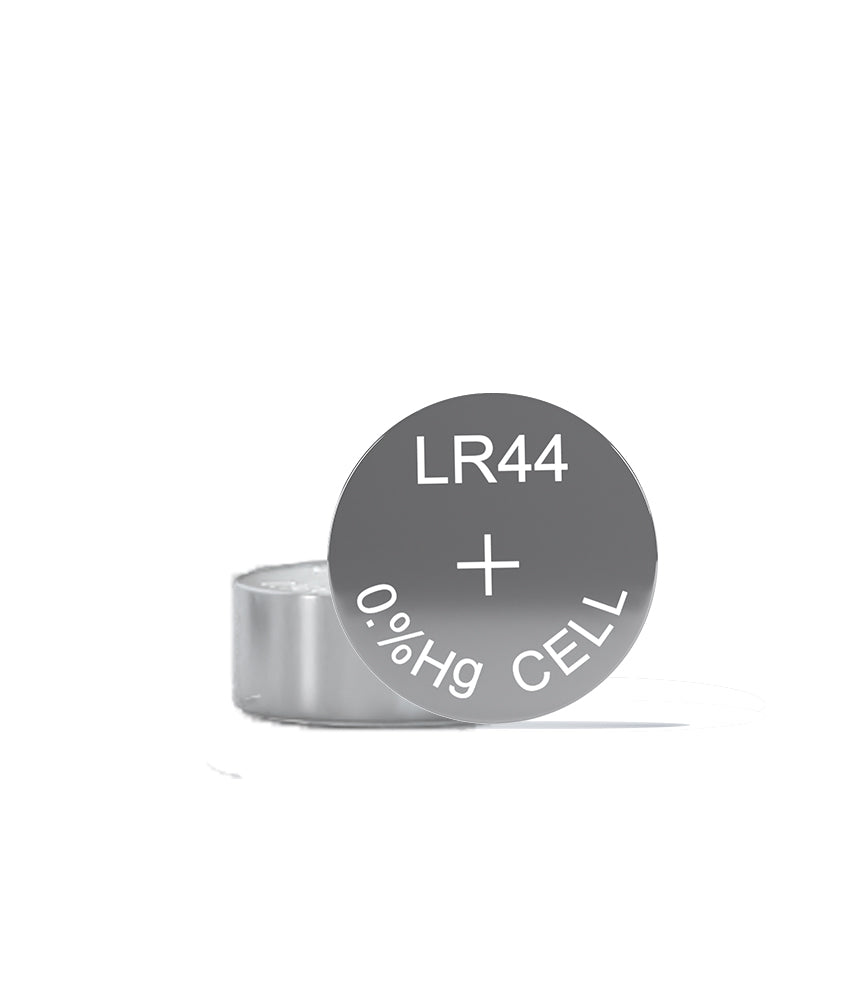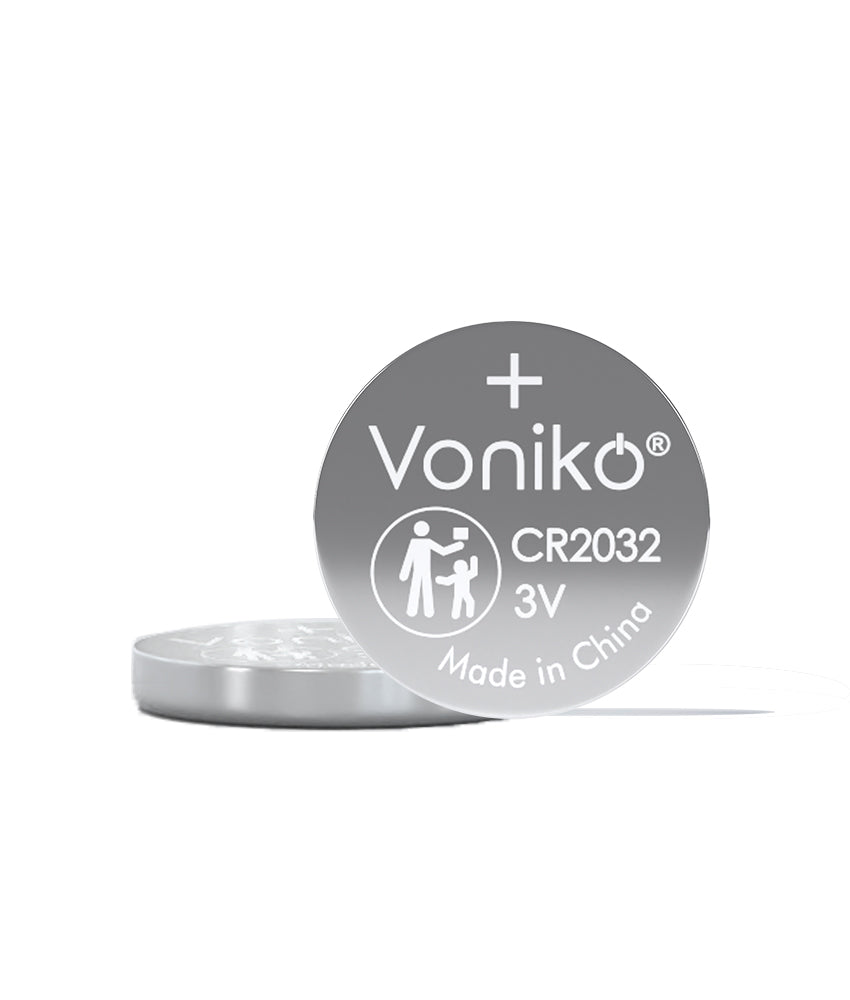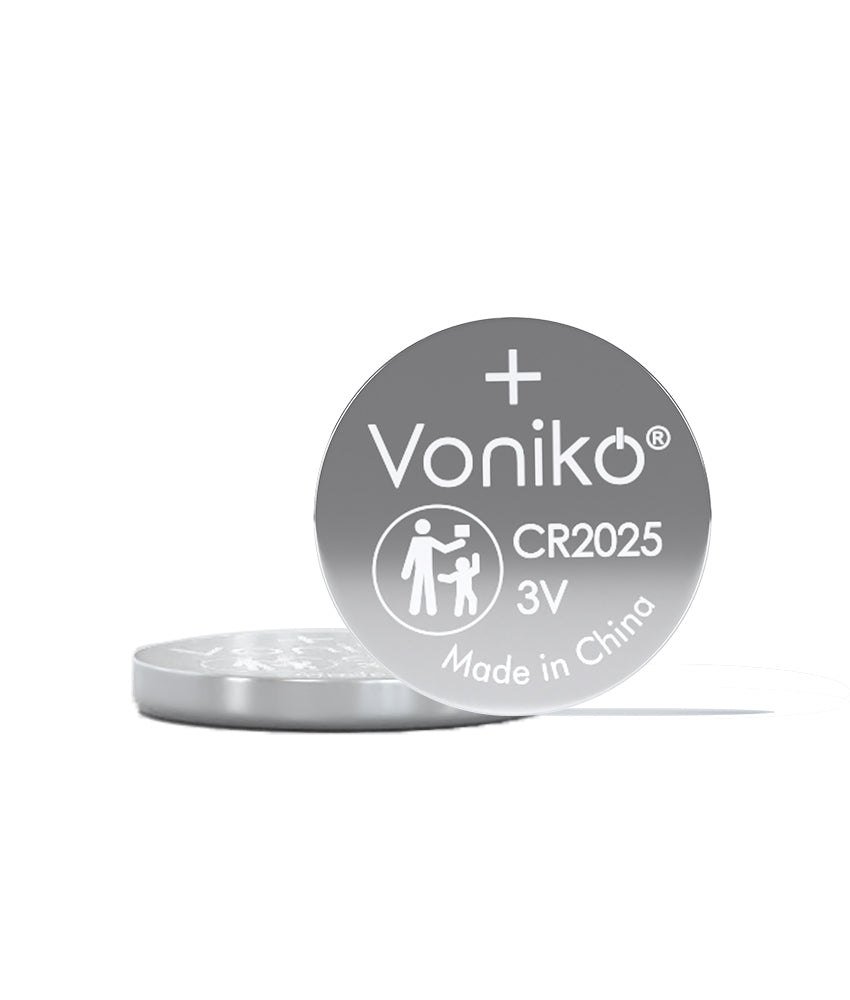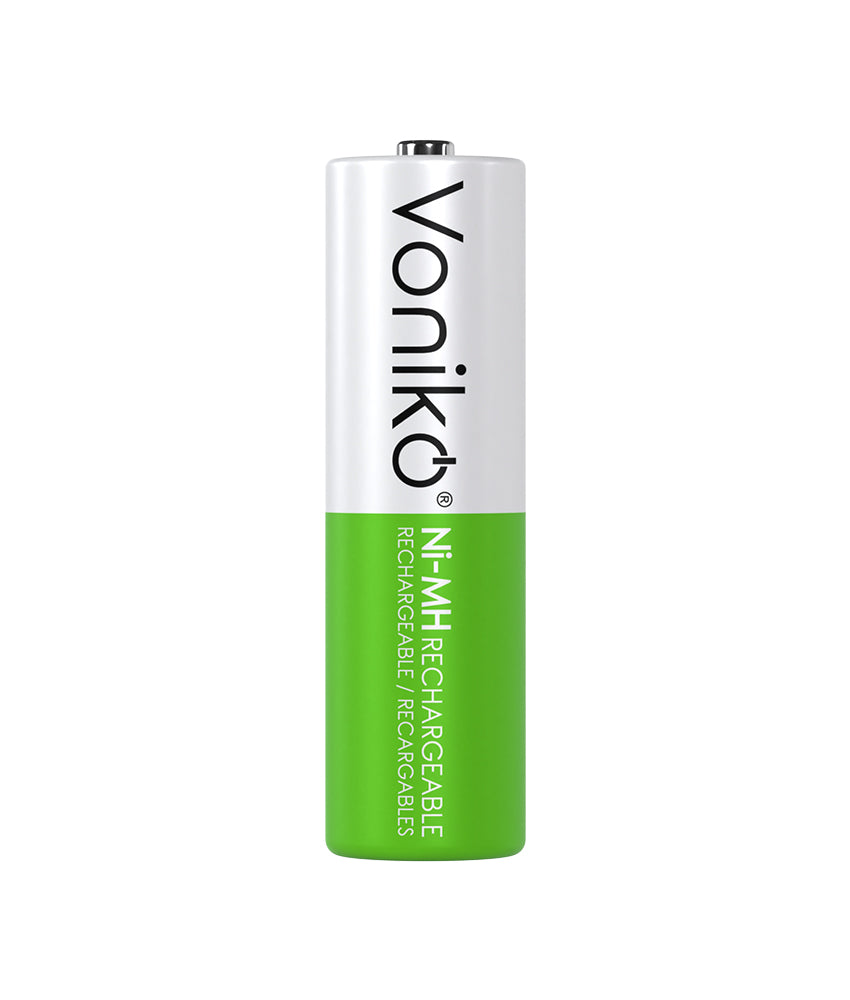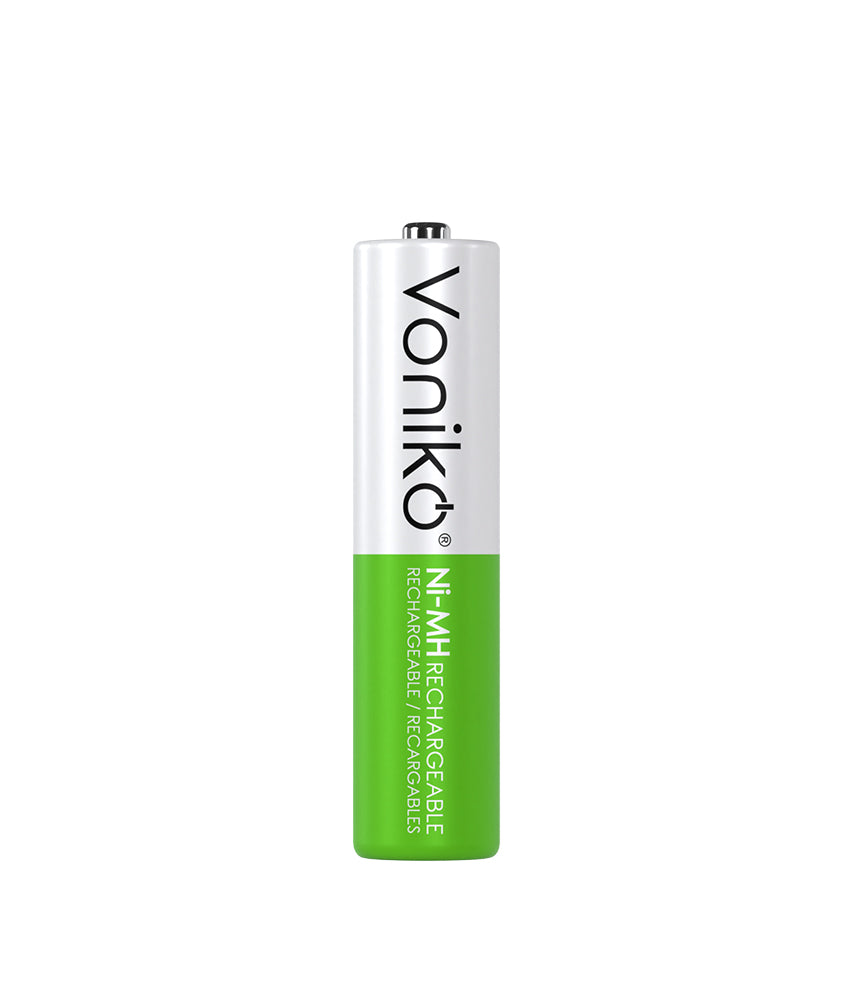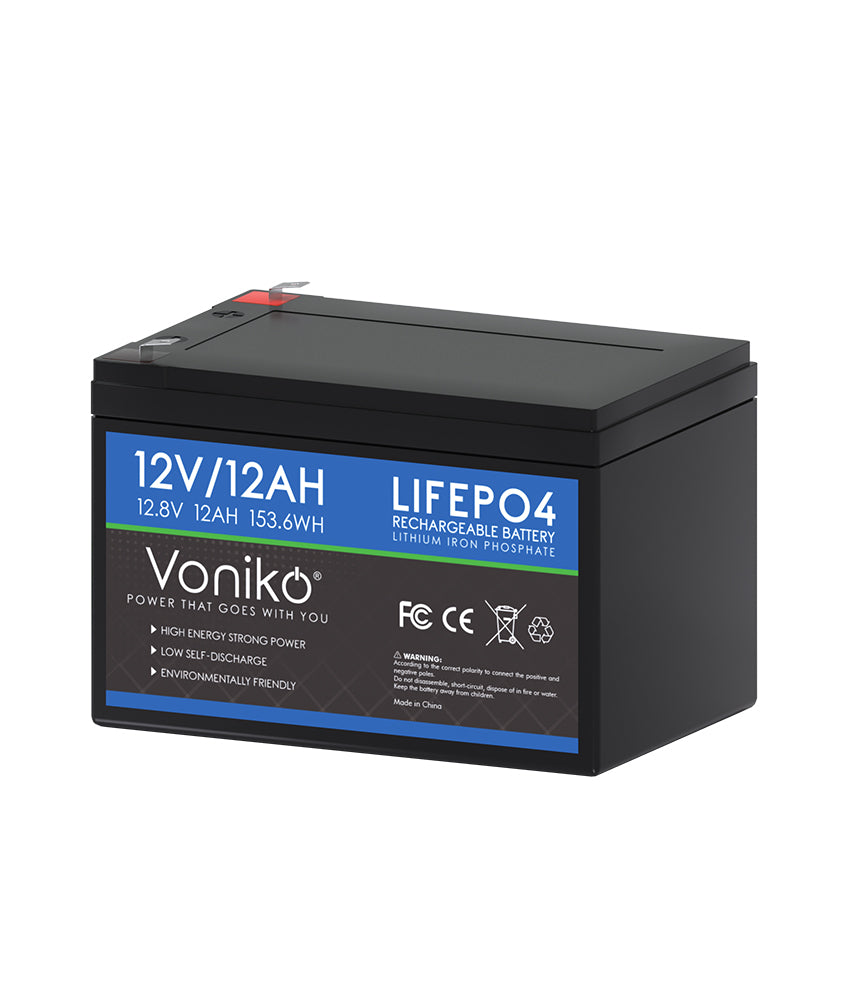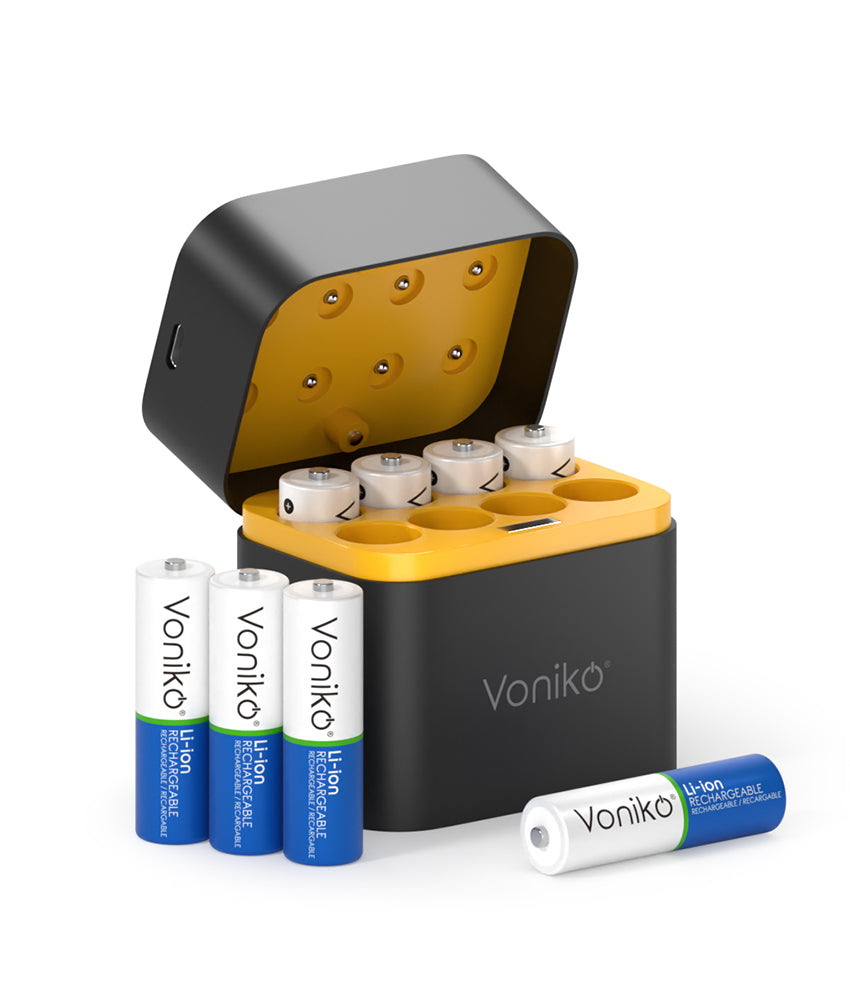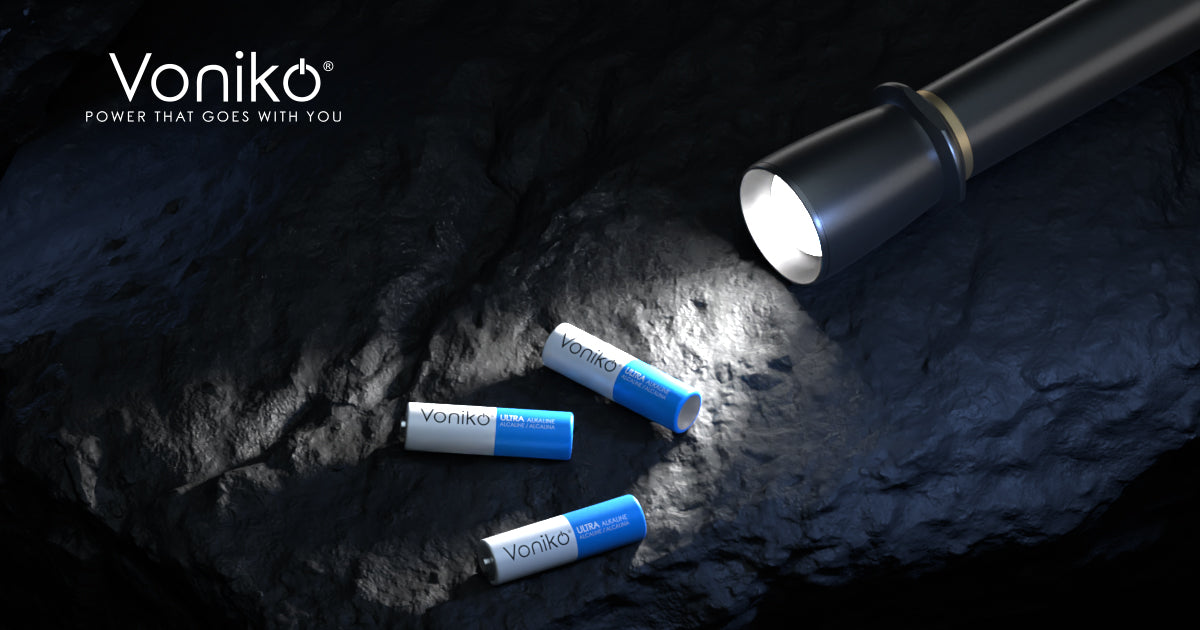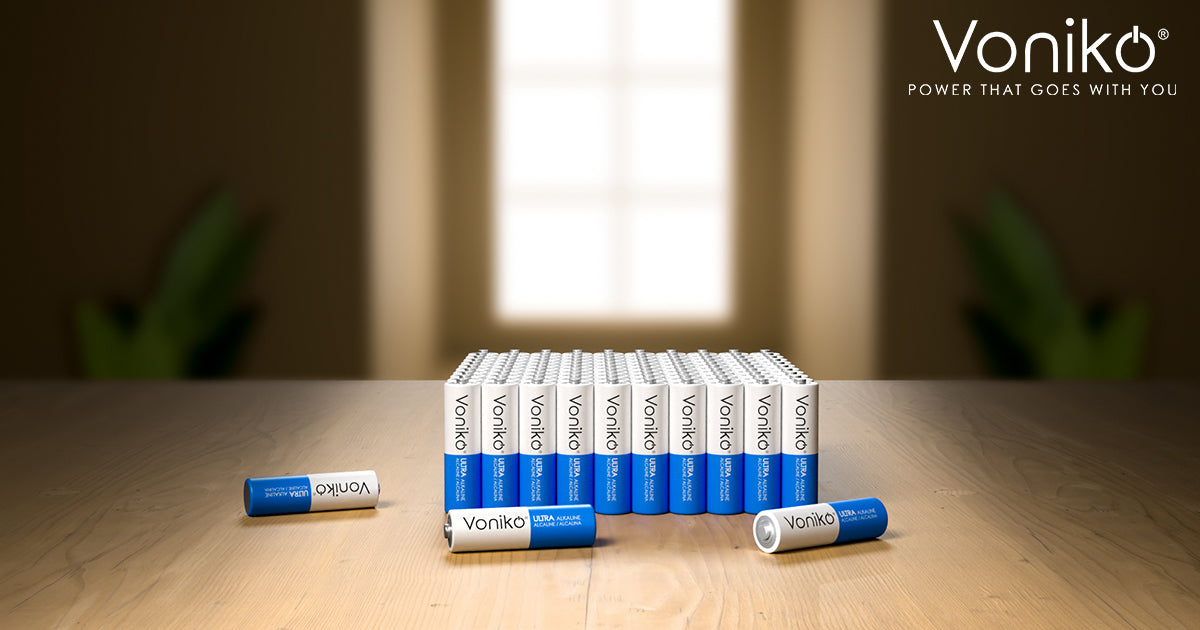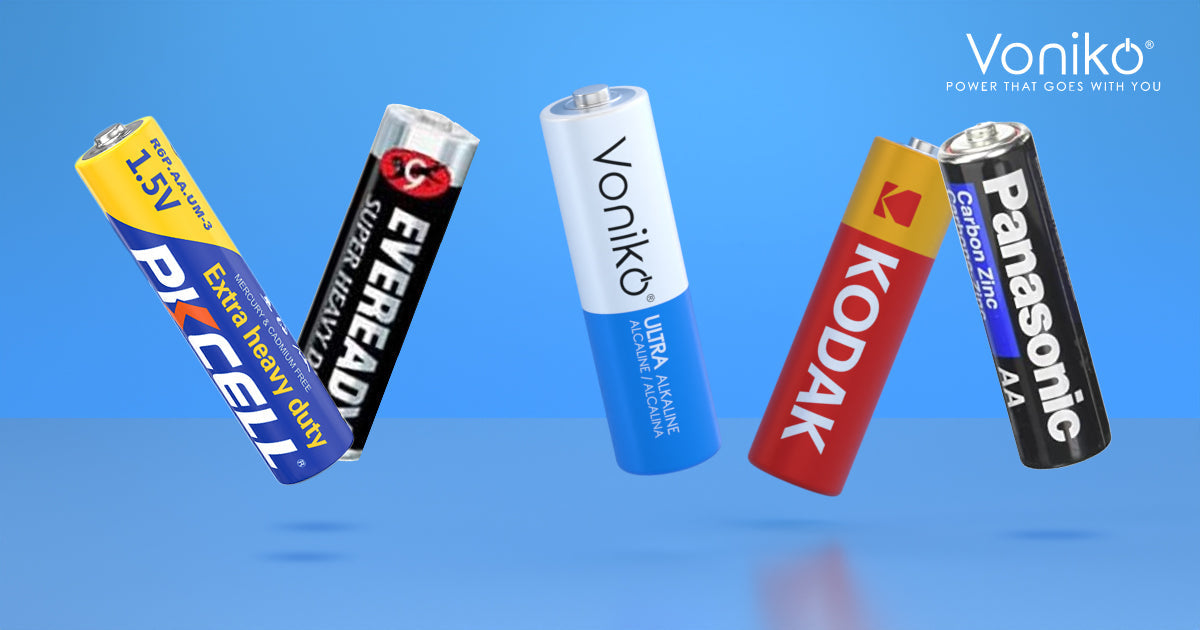Learn what makes this type of battery superior.
Have you ever wondered why companies advertise alkaline batteries as the superior battery type? What makes them so much better than carbon, Heavy Duty, and rechargeable cells? If you don’t know much about batteries, you’re in luck. By the time you’re done reading what we’ve written, you’ll have a good idea of the different types of batteries available and what makes alkaline the better choice for all of your electronics.
Let’s start by understanding the differences between alkaline batteries and non-alkaline batteries. We’ll also explore the advantages and disadvantages of purchasing alkaline cells. Finally, we explain what makes Voniko batteries better than any other option you have available to choose from. After all, you want to buy in bulk and save money per battery, right?
Being in-the-know about battery types allows you to purchase the highest quality cells available. If you own a lot of electronic items or battery-operated tools, you know how important it is to never be without power. When your batteries die, and you have no more on hand, you’re stuck doing without that vital object you wanted to use. It’s very disappointing when that happens and something that is entirely avoidable with Voniko alkaline batteries.

What Are the Differences Between Alkaline and Non-Alkaline Batteries?
If you don’t possess much knowledge about alkaline and non-alkaline batteries, you’re probably unaware of how they differ from one another. You may have convinced yourself that there isn’t much difference at all which isn’t entirely true. There are many differences between the two, and knowing them can save you time, energy, and frustration spent searching for non-expired batteries during the middle of a blackout.
Although alkaline and non-alkaline batteries come in the same types of chemistries, they appear somewhat different, too. For example, alkaline batteries are bulkier. non-alkaline batteries are slightly slimmer. Both work in most battery-operated items as long as they are the right battery type such as AA, AAA, C, D or 9-volt alkaline batteries.
Electrolytes differ in alkaline and non-alkaline batteries. For example, an alkaline battery consists of potassium hydroxide. A non-alkaline battery may contain zinc chloride. Each is very different substances and react accordingly by powering up an item for a set amount of time. Alkaline batteries last longer because of the materials they contain.
The most notable difference between alkaline and non-alkaline batteries is how much power they supply. Carbon batteries are not meant to last as long as alkaline batteries. Some brands, such as Voniko, last six to nine times longer than traditional carbon cells. Our AA batteries are also better for the environment as they don’t contain harmful substances like mercury, cadmium or lead, which prevents them from being a ‘green’ product.
They can be stored for up to ten years, too. You don’t need to be in a hurry to use up a pack of Voniko alkaline batteries before they expire. You’ll have plenty of time to do so in the future. Other brands of alkaline batteries only last two years, which pales in comparison to what we have to offer our customers in terms of longevity.

Alkaline Battery Advantages & Disadvantages
Even if we’ve convinced you that alkaline batteries are the better deal, you should learn what their advantages and disadvantages are. That way, if someone asks you for advice, you’ll be able to explain what makes alkaline batteries ideal. You’ll also be able to warn them against any potential problems that may occur with the cells if they don’t check them out inside of battery testers and battery-operated devices regularly.
Advantages of Alkaline Batteries
One of the advantages of buying alkaline batteries is cost. Less expensive than other types of batteries, especially those labeled as ‘Heavy Duty’ or ‘Rechargeable,’ you’re able to purchase a bulk pack of cells and store them for years. That way, if you don’t use batteries a lot, you’ll still have some on hand when you need them the most.
Another advantage is that alkaline batteries work in extreme cold and heat. Carbon batteries do not. The hotter or colder it gets, the less efficient the cells become. You don’t want to find this out the hard way by needing to power on a much-needed electronic only to find out you can’t use it because of the temperatures inside or outdoors.
Being lead, mercury, and cadmium-free is another benefit offered by alkaline batteries. These nasty substances can wreak havoc on the environment. Non-alkaline batteries may even need to be disposed of in a particular way to prevent contamination. You don’t need to worry about throwing alkaline batteries away because there is no harm in doing so.
Disadvantages of Alkaline Batteries
Some of the disadvantages of alkaline batteries are their bulkiness, which can make them harder to store in small spaces, the way that some battery chargers cause them to explode, and the likelihood of them leaking and destroying electronics. Voniko batteries have patented double-barrier protection to prevent leaks.
A battery that leaks can destroy whatever its housed in. If you take a look at many old electronics from the past, they’re no longer useable because the batteries that were left inside them corroded. Once this happens, you can almost always count on the battery-operated item being useless. It’s essential to remove alkaline batteries from the items you want to keep working unless the cells have a double-barrier seal like ours do to protect against such a thing happening.

Choose Voniko Alkaline Batteries and Have More Power to Work With at Once
Many things make alkaline batteries far more advantageous to use than non-alkaline batteries. If you want to make sure that all of your battery-operated devices are never without power, invest in Voniko double A batteries. Doing so allows you to get the most bang for your buck because the cells already have more power than carbon batteries. You’ll be able to use a single Voniko battery for six to nine times longer than another company’s brand.

